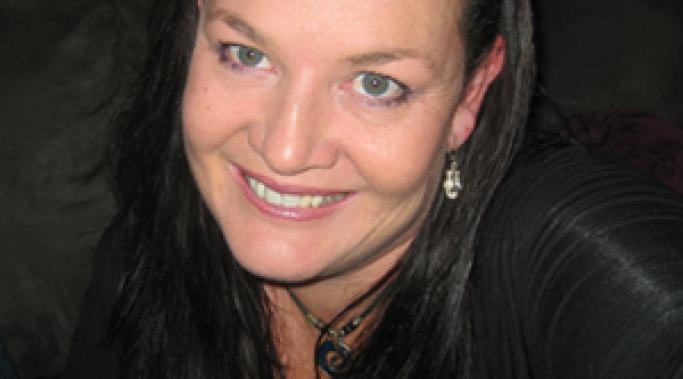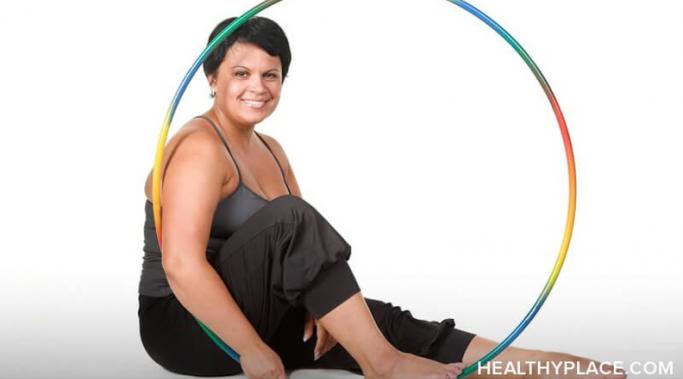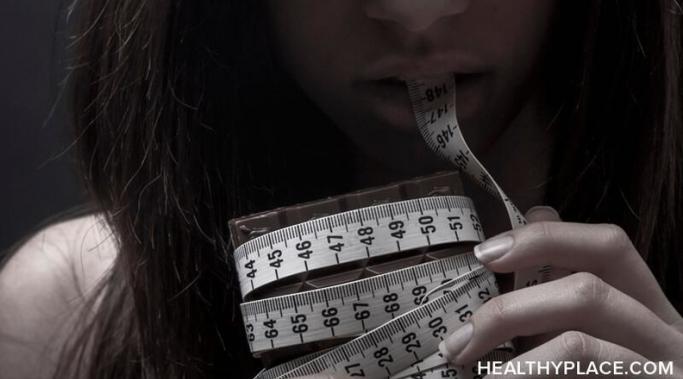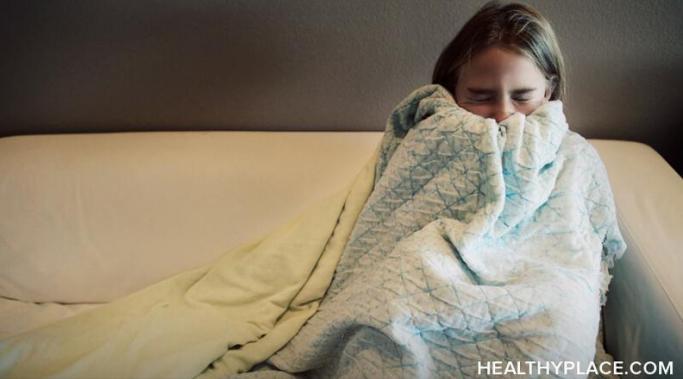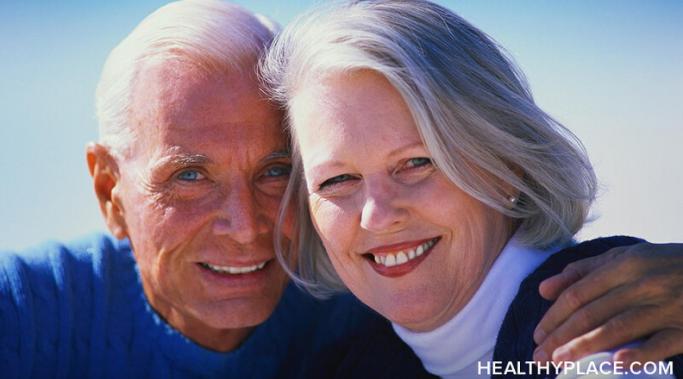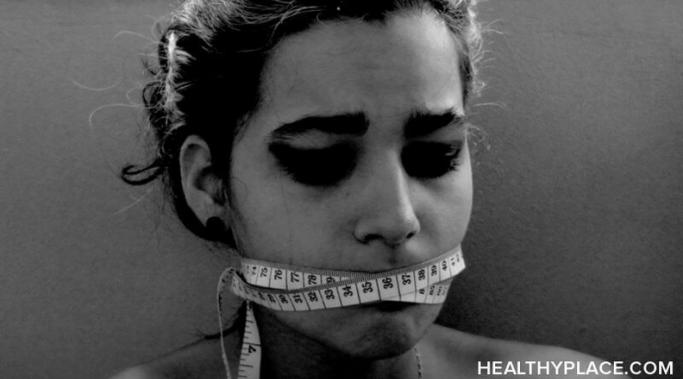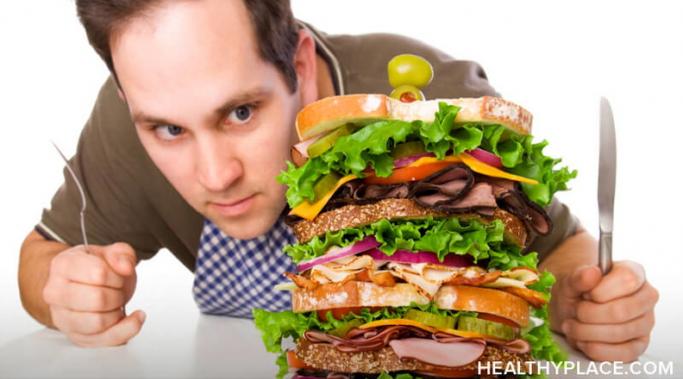I can always stand to lose a few pounds. I love food and may easily drift into an increasingly sedentary lifestyle without realizing it until my body aches with disuse and my jeans are too tight. Lately I’ve been practicing what I now recognize as a kind of Health at Every Size (HAES) approach.
Eating Disorders - TV Show Blog
Body image consists of our thoughts, feelings, and perceptions about our bodies, how we believe others see our bodies, and how we feel inside our bodies. When we see ourselves accurately, accept the way we look, and feel good about our bodies, we have a positive body image. But many of us, perhaps particularly women and girls, don't like the way we look and struggle daily to meet the unrealistic, impossible demands we place on ourselves. And for some, distorted body image can lead to depression, even eating disorders.
Like millions of other Americans, I don't get enough exercise. I’m more keenly aware of that fact in the month of January, when every gym and athletic goods store ramps up their advertising efforts to take advantage of the New Year fitness fever. But that doesn’t mean I’ll do anything about it. Ultimately, it’s just not that important to me. For some people, the opposite is true – exercise is one of the most important things to them. Does that mean they have an exercise addiction? How do you know if you're over-exercising?
When I think of eating disorders I think of anorexia and bulimia. I think of starvation and compulsive exercising.
I went on my first diet in 2000. I lost a lot of weight but grew disturbingly obsessed with food and dropping even more weight. I stopped going out, I lost friends, I refused to eat out at restaurants and my weight plummeted to a new low where I lost my period and had to be hospitalized.
Why would a person purposefully starve, even to the point of death? "There is something very seductive about not eating very much, thinking that those around you are weak and have to eat," says Angela Lackey, our guest on the HealthyPlace Mental Health TV Show speaking about her experience with anorexia nervosa. "It makes you feel strong and special; you don't think about the fact that you can die from anorexia and that many people do die from anorexia."
Amanda_HP
The general public used to associate PTSD, post-traumatic stress disorder with soldiers in war zones. Now we know that anyone who has been in or witnessed a consistently highly stressful, traumatic or life-threatening situation can develop PTSD. And in so saying, life for Melissa has been anything but kind. Exposed to all types of abuse since the age of five, Melissa finds living with PTSD a living hell. But she's taking positive steps and getting treatment for PTSD.
Amanda_HP
Eating With Your Anorexic author and HealthyPlace blogger, Laura Collins, has a bold message for parents of children and teens with eating disorders - "It's not your fault!"
A lot of the information on the causes of eating disorders points the finger at parents. Parents, says Collins, are blamed by many researchers and treatment professionals as playing some role in the causes of eating disorders in their children. She wants more evidence-based research into the causes of eating disorders as well as eating disorders treatment recommendations.
Amanda_HP
The upcoming HealthyPlace Mental Health TV Show is for adult women. Our topic is: What to Do When Earlier Attempts at Eating Disorders Recovery Have Failed.
Some 10 to 15 percent of women suffer from anorexia, bulimia, binge eating or maladaptive eating attitudes according to a new study from the Université de Montréal and the Douglas Mental Health University Institute published in the International Journal of Eating Disorders.
Amanda_HP
Stopping compulsive overeating isn't as simple as just saying you'll quit. As HealthyPlace.com Medical Director, Dr. Harry Croft explains in this week's blog post, there's a significant emotional component to compulsive overeating.
